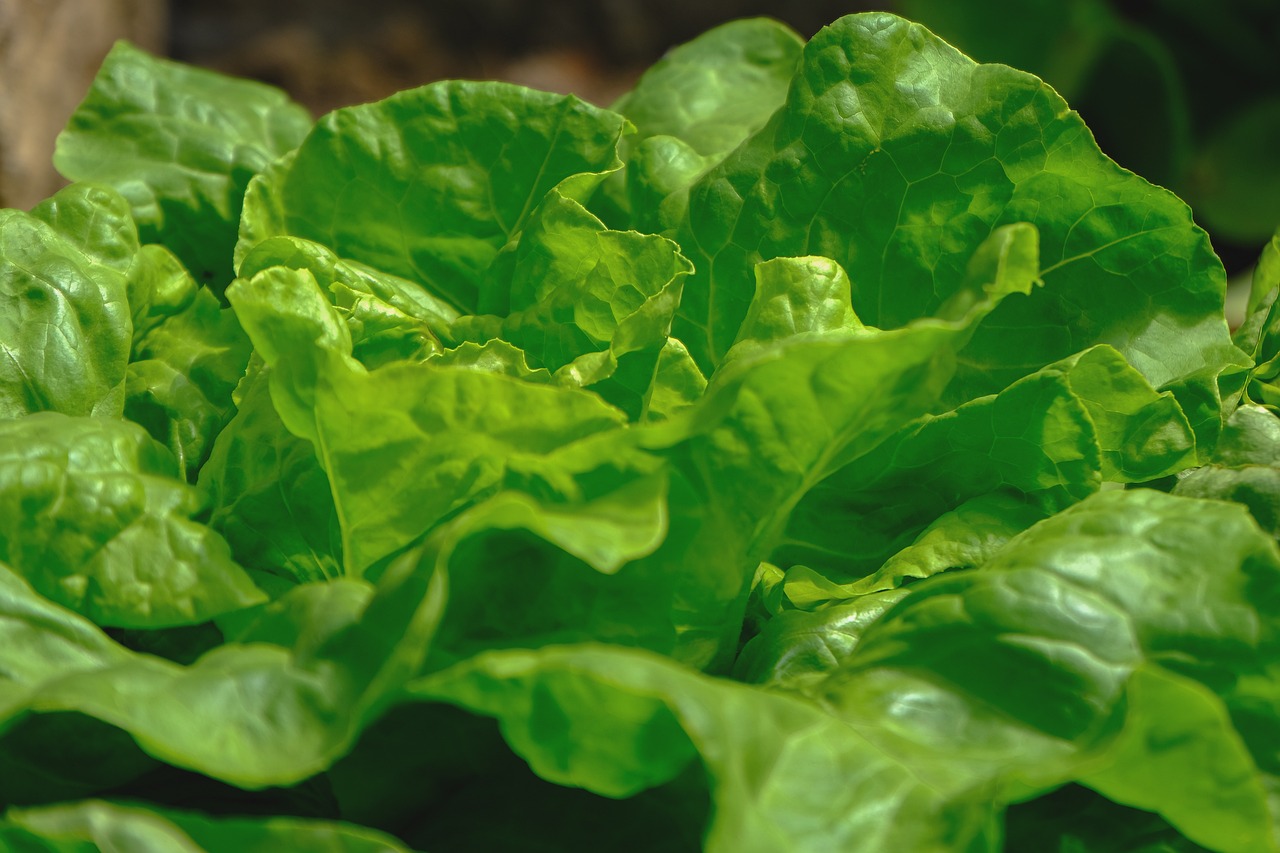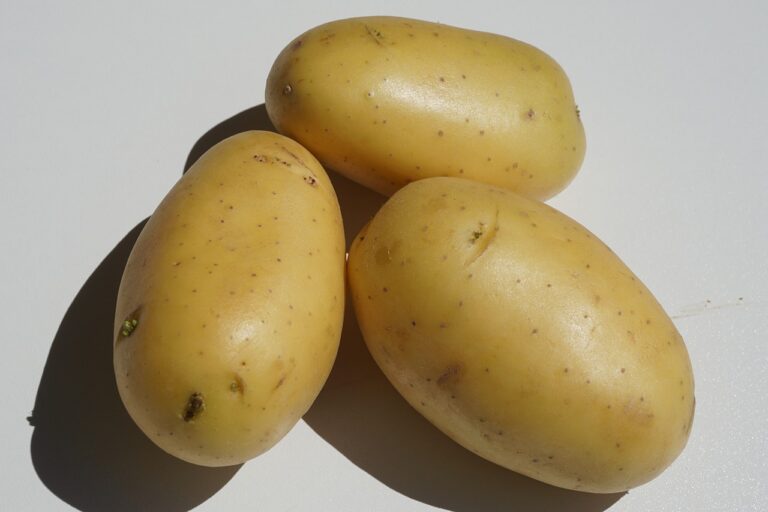The Impact of Beekeeping on Local Agriculture: Tigerexchange 247.com, Golden 77.com, Sky 99 exch com login
tigerexchange 247.com, golden 77.com, sky 99 exch com login: The Impact of Beekeeping on Local Agriculture
Beekeeping is a practice that has been around for centuries, providing not only delicious honey but also playing a crucial role in local agriculture. The impact of beekeeping on local agriculture is profound, with bees playing a key role in pollination, increasing crop yields, and promoting biodiversity. In this blog post, we will explore the various ways in which beekeeping benefits local agriculture and why it is essential to support beekeepers in our communities.
Pollination Powerhouses
One of the most significant impacts of beekeeping on local agriculture is the role that bees play in pollination. Bees are essential pollinators for many crops, including fruits, vegetables, and nuts. Without bees, many of these plants would not be able to produce fruits or seeds, leading to a decline in crop yields and a decrease in biodiversity.
Bees are efficient pollinators, visiting flowers to collect nectar and pollen while inadvertently transferring pollen from one plant to another. This process is essential for the fertilization of plants and the production of fruits and seeds. Without bees, many plants would not be able to reproduce, leading to a decline in crop yields and a loss of biodiversity.
Increased Crop Yields
By promoting pollination, beekeeping can lead to increased crop yields for farmers. Studies have shown that crops that are pollinated by bees have higher yields than those that are not. This is because bees not only increase the rate of pollination but also improve the quality of fruits and seeds produced.
For farmers, this means higher profits and more abundant harvests. By supporting local beekeepers and providing a habitat for bees to thrive, farmers can ensure that their crops are adequately pollinated and produce healthy, abundant yields.
Biodiversity Boost
Bees are not only crucial for pollinating crops but also play a significant role in promoting biodiversity. As bees visit flowers to collect nectar and pollen, they inadvertently transfer pollen from one plant to another, leading to cross-pollination. This process helps to create genetic diversity among plants, making them more resilient to diseases and environmental changes.
In addition to promoting biodiversity among plants, bees also play a crucial role in supporting other pollinators, such as butterflies and birds. By providing a habitat for bees to thrive, we are also supporting a diverse ecosystem of pollinators that contribute to the health and vitality of our local environment.
Supporting Local Beekeepers
To ensure that beekeeping continues to have a positive impact on local agriculture, it is essential to support local beekeepers in our communities. Beekeeping can be a challenging and labor-intensive practice, requiring knowledge, skill, and dedication. By purchasing honey and beeswax products from local beekeepers, we can support their efforts and help to sustain healthy bee populations.
Furthermore, providing a habitat for bees to thrive by planting bee-friendly flowers and avoiding the use of harmful pesticides can also help to support local beekeepers and promote pollination in our communities. By working together to protect bees and their habitats, we can ensure that beekeeping continues to benefit local agriculture for generations to come.
FAQs
1. How can I support local beekeepers in my community?
You can support local beekeepers by purchasing honey and beeswax products from them, planting bee-friendly flowers, and avoiding the use of harmful pesticides that can harm bees.
2. Why are bees important for local agriculture?
Bees are essential pollinators for many crops, increasing crop yields and promoting biodiversity among plants. Without bees, many plants would not be able to reproduce, leading to a decline in crop yields and a loss of biodiversity.
3. How can beekeeping benefit local farmers?
Beekeeping can benefit local farmers by increasing crop yields, improving the quality of fruits and seeds produced, and promoting biodiversity among plants. By supporting beekeepers and providing a habitat for bees to thrive, farmers can ensure that their crops are adequately pollinated and produce healthy, abundant yields.
In conclusion, beekeeping has a significant impact on local agriculture, promoting pollination, increasing crop yields, and supporting biodiversity. By supporting local beekeepers and providing a habitat for bees to thrive, we can ensure that beekeeping continues to benefit our communities and the environment. Let’s work together to protect bees and their habitats for a sustainable future.







